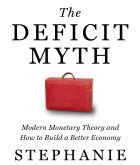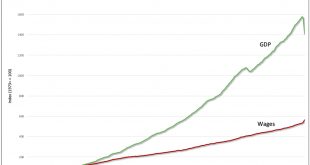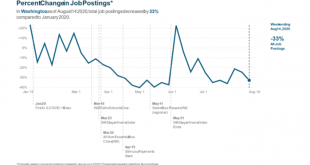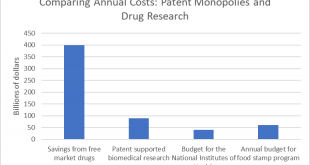… is available here, and over the fold. Hi all,Another update on what I’ve been doing, nearly all remotely of course.I’ve started work on my new book, Economic Consequences of the Pandemic, which I’ve agreed to write for Yale University Press. The title is a play on two polemical pieces by John Maynard Keynes, Economic Consequences of the Peace (a critique of the Treaty of Versailles) and Economic Consequences of Mr Churchill (written when Churchill, as Chancellor to the...
Read More »Why do we need to Transform Economics, and how do we do it?
from Jayati Ghosh It’s truly a delight for me to be able to address the UNCTAD-YSI Summer School. This is not only because these are two groups that I have huge respect for and sympathy with. It’s also because the theme of this Summer School is something very close to my heart, something I and some of my colleagues have been grappling with for decades. It’s really quite energising to realise that there are so many young people willing to engage in this project. So I am going to treat this...
Read More »MMT — debunking the deficit myth
from Lars Syll We have already shown that deficit spending increases our collective savings. But what happens if Uncle Sam borrows when he runs a deficit? Is that wht eats up savings and forces interest rates higher? The answer is no. The financial crowding-out story asks us to imagine that there’s a fixed supply of savings from which anyone can attempt to borrow … MMT rejects the loanable funds story, which is rooted in the idea that borrowing is limited by access to scarce financial...
Read More »To the victor belong the spoils
from David Ruccio The phrase, which was used in the early nineteenth century to describe the the spoils system of appointing government workers, accurately describes the American economy today.* And it’s pretty clear who the victor is, and it’s not the working-class. Instead, a small group at the top have come out as the victor—and that’s been true for decades now. How do we know? Well, all we have to do is look at the growing gap between the amount produced by American workers and...
Read More »Should we be more worried about the economy?
from Dean Baker We are really in an unprecedented period where the economy is trying to recover from the shutdowns of April and May while being faced with partial shutdowns due to the resurgence of the pandemic in large parts of the country. We are struggling to make sense of data, which often has a substantial lag. We are still getting data from July even as we are in the last weeks of August. Furthermore, when we have large monthly changes, the picture at the end of July could have been...
Read More »How to use models in economics
from Lars Syll The reason you study an issue at all is usually that you care about it, that there’s something you want to achieve or see happen. Motivation is always there; the trick is to do all you can to avoid motivated reasoning that validates what you want to hear. In my experience, modeling is a helpful tool (among others) in avoiding that trap, in being self-aware when you’re starting to let your desired conclusions dictate your analysis. Why? Because when you try to write down a...
Read More »Open thread August 21, 2020
More on what’s missing
from Peter Radford I suspect economic theorists are not alone in shunting to the side issues or phenomena that might upset the applecart. But they appear to do it with a determination that other disciplines mind find somewhat alarming. This is why I relentlessly and repeatedly mention Cause and his 1937 question about the existence of the firm. It isn’t because I imagine that theories of the firm began in 1937, or that they are somehow restricted to a peculiar Anglo-Saxon view — Coase...
Read More »Financing drug development: What the pandemic has taught us
from Dean Baker We are still very much in the middle of the pandemic, with the U.S. seeing tens of thousands of new infections daily, and the world experiencing hundreds of thousands of new infections. However, it is not too early to look at areas where we need to reevaluate public policy, most importantly in financing the research and development of new drugs and vaccines. The accepted wisdom in policy circles has been, that while the government can finance basic research, we need to...
Read More »So last millennium (repost from 2004, linking article from 1995)
I’m busy working on my book on the Economic Consequences of the Pandemic, and thinking about implications for the information economy. In the process, I dug up a blog post from 2004, which reproduces an article I wrote in 1995 (I can’t remember if I managed to get it published). An interesting aside is a reference to Camille Paglia, a big name back then, who did the whole Jordan Peterson thing earlier and better, though I’m obviously not a fan of either. With 25 years of hindsight,...
Read More » Heterodox
Heterodox





